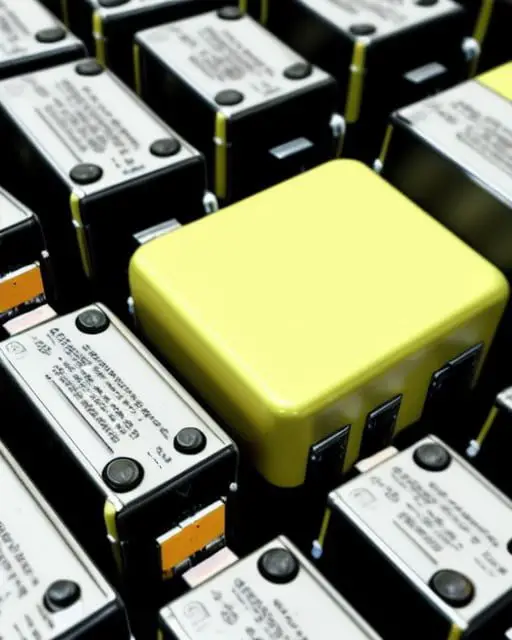Sodium ion vs Lithium ion battery
Sodium ion and lithium ion batteries are both types of rechargeable batteries that use an intercalation reaction to store energy. However, there are some key differences between the two technologies.
Sodium is more abundant than lithium, making sodium-ion batteries a more sustainable option. Sodium-ion batteries are also less expensive to produce than lithium-ion batteries. However, sodium-ion batteries have a lower energy density than lithium-ion batteries, meaning that they can store less energy for a given volume or weight.
Lithium-ion batteries have a higher energy density than sodium-ion batteries, making them better suited for applications where weight and space are limited. Lithium-ion batteries are also more widely available than sodium-ion batteries. However, lithium-ion batteries are more expensive to produce and have a higher risk of fire or explosion.
Overall, sodium-ion batteries are a more sustainable and cost-effective option than lithium-ion batteries. However, lithium-ion batteries have a higher energy density and are more widely available.
Here is a table that summarises the key differences between sodium-ion and lithium-ion batteries:
| Feature | Sodium-ion | Lithium-ion |
| Abundance | More abundant | Less abundant |
| Cost | Less expensive | More expensive |
| Energy density | Lower | Higher |
| Availability | Less available | More available |
| Risk of fire or explosion | Lower | Higher |
| Sustainability | More sustainable | Less sustainable |
Ultimately, the best type of battery for a particular application will depend on the specific requirements of that application.
For Related articles click here


